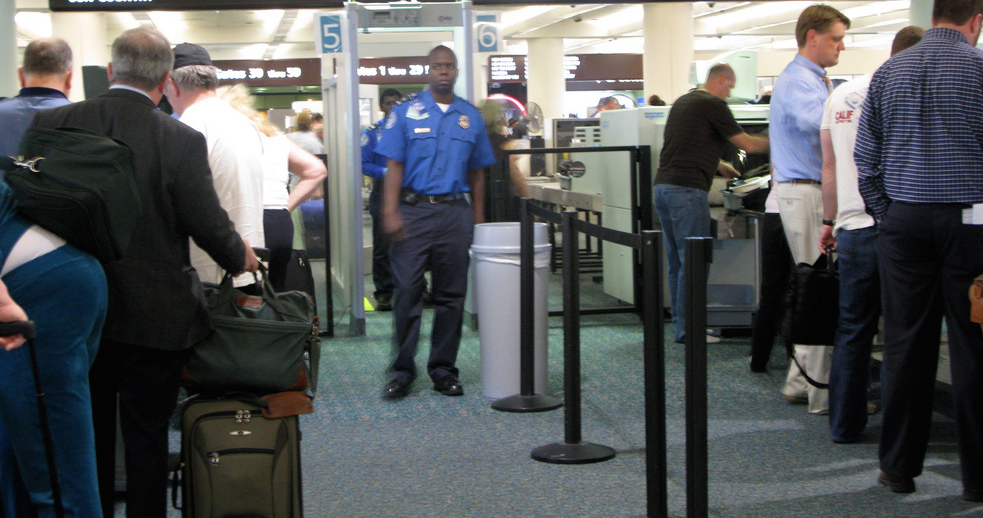Driver’s Licenses From 4 States Could Soon Be Useless For Getting Through Airport Security
Ten years ago, Congress passed the REAL ID Act, which set minimum security standards for state-issued driver’s licenses and photo IDs, but it wasn’t until the end of 2013 that the Dept. of Homeland Security announced the phase-in of its enforcement plan.
If state IDs fail to comply with those standards, federal agencies can’t accept them as standalone proof of identification. The final phase of the DHS plan is access to commercial aircraft. According to the agency’s own timeline, full enforcement is due to begin “No sooner than 2016.”
That means enforcement could start next year or it could not. DHS isn’t saying when, only that it will “ensure the public has ample advance notice before identification requirements for boarding aircraft change.”
Only about half the states and U.S. territories impacted by these requirements are fully REAL ID compliant. Most others have valid extensions that will allow their residents to continue using their non-compliant IDs. However, as USA Today notes, there are four states — Louisiana, Minnesota, New Hampshire, New York — that are currently not in compliance with the rules, meaning travelers holding IDs from these states and American Samoa may need to start bringing second forms of ID with them when they travel.
Not everyone in these states will be affected, as both Minnesota and New York offer enhanced IDs that are REAL ID compliant. A rep for the New York DMV tells WKBW-TV that it has received no guidance from DHS about when the state’s licenses will no longer be sufficient for boarding commercial aircraft.
Want more consumer news? Visit our parent organization, Consumer Reports, for the latest on scams, recalls, and other consumer issues.


